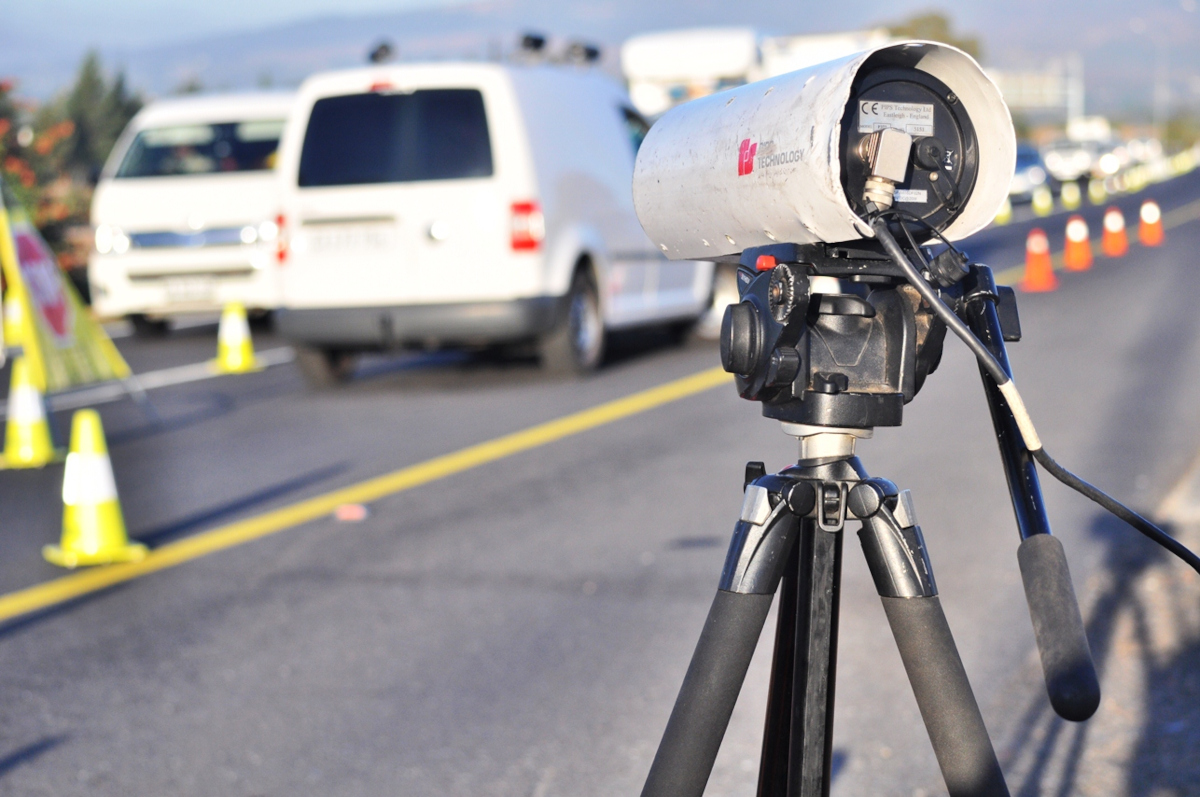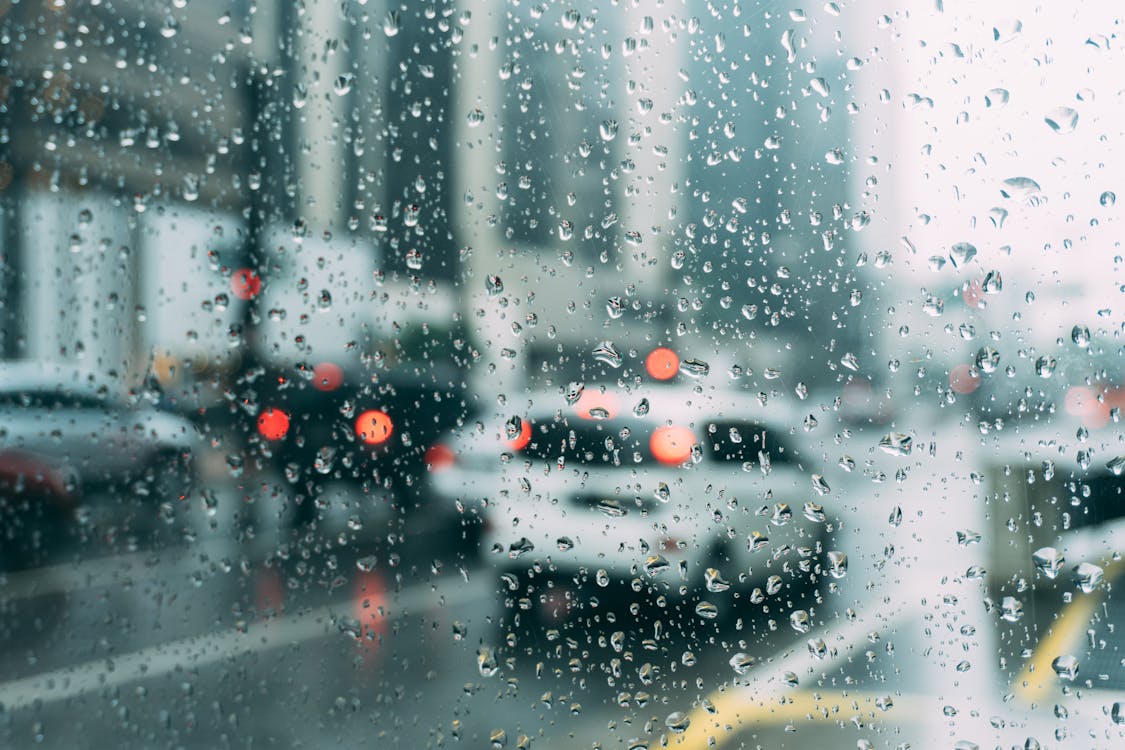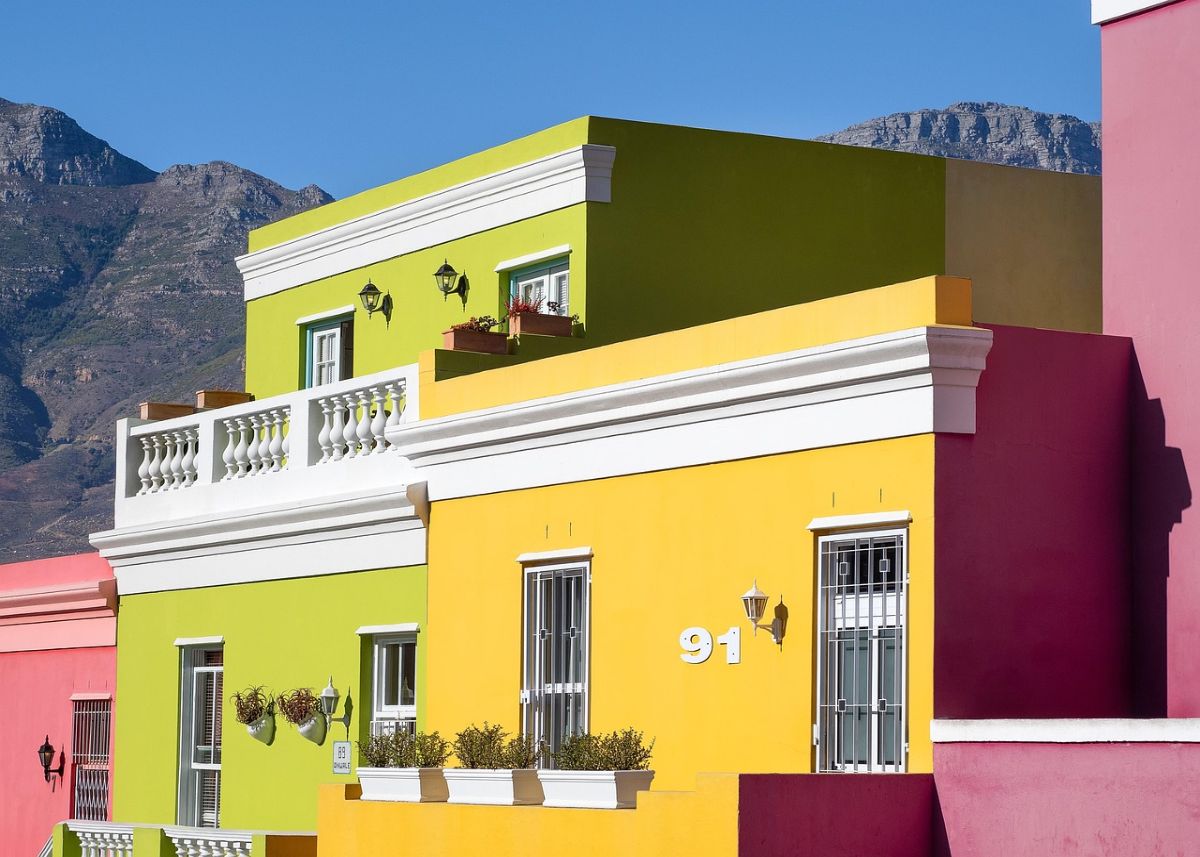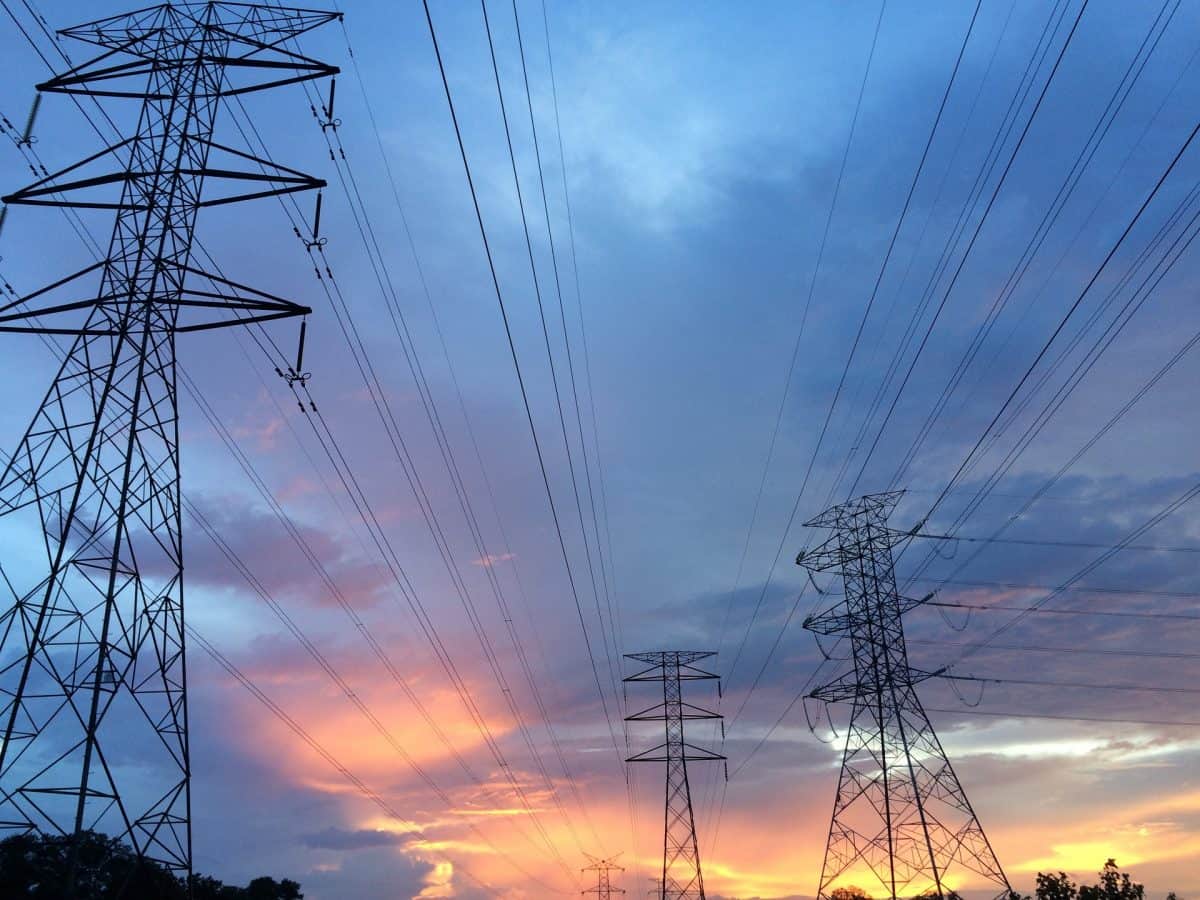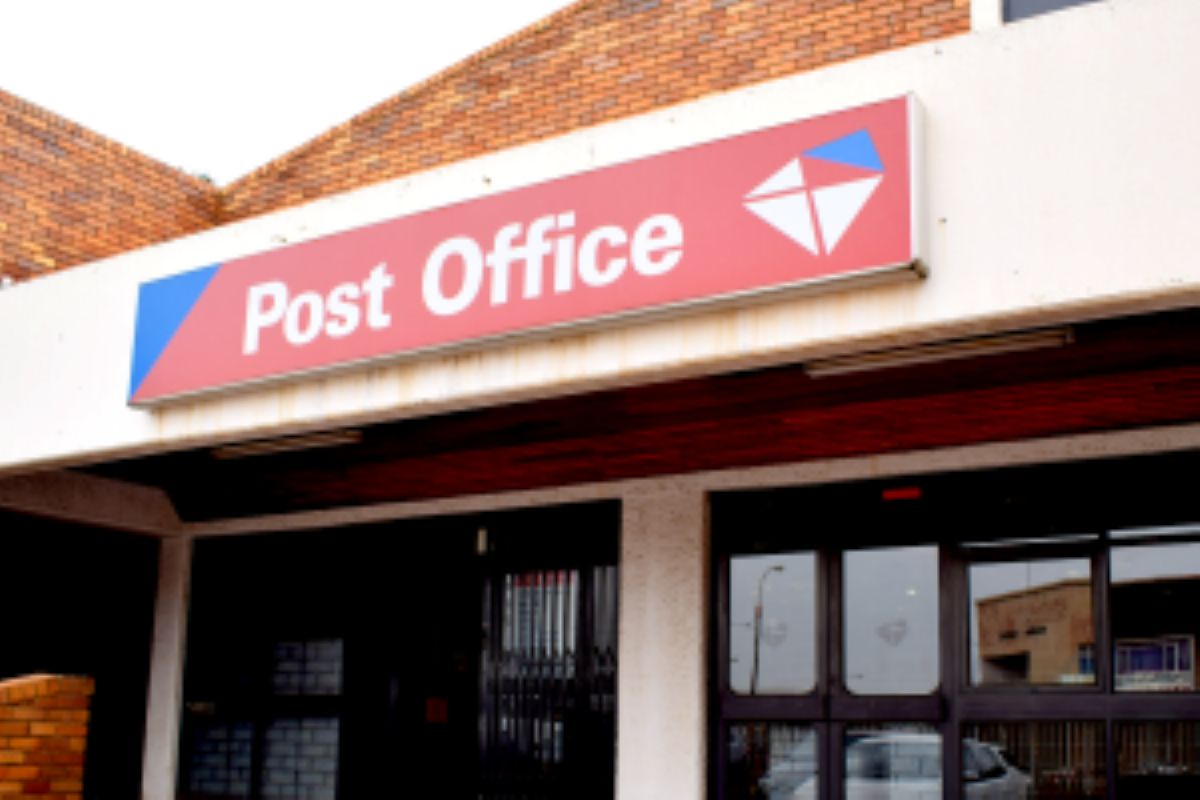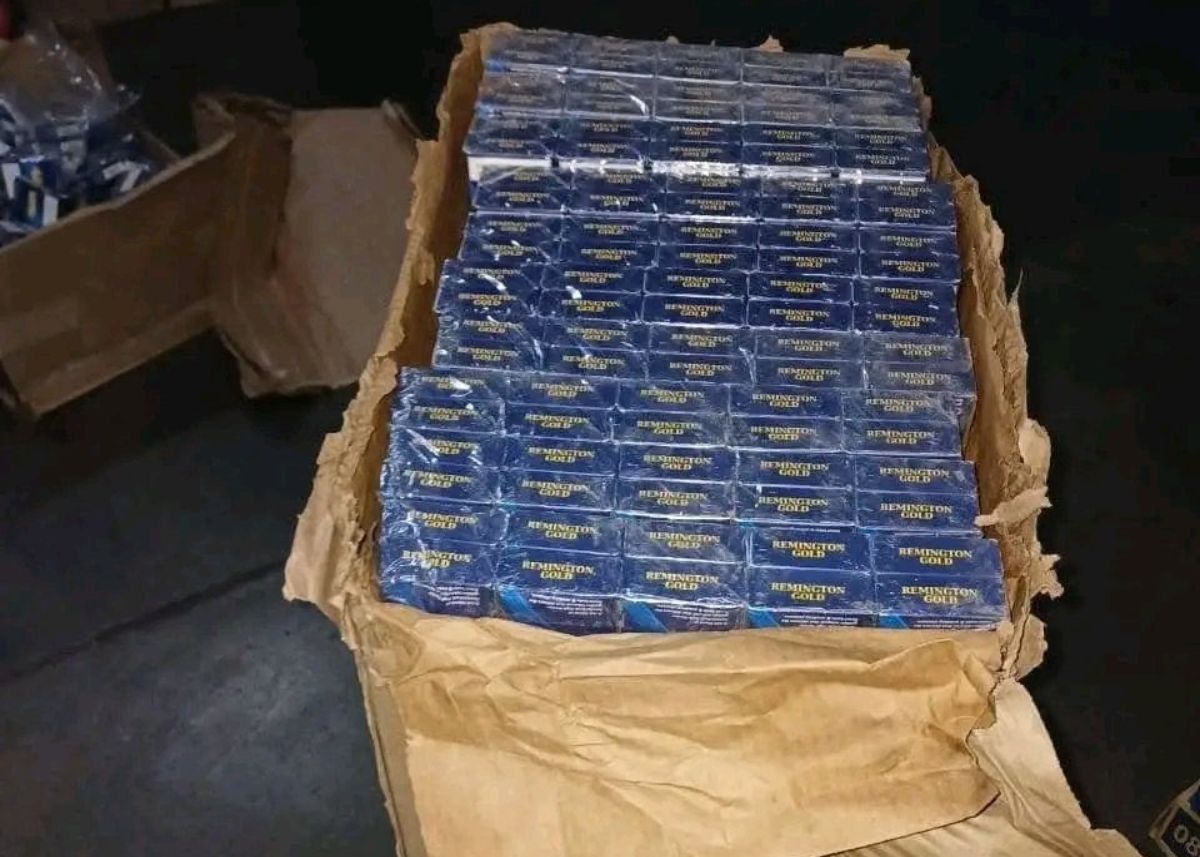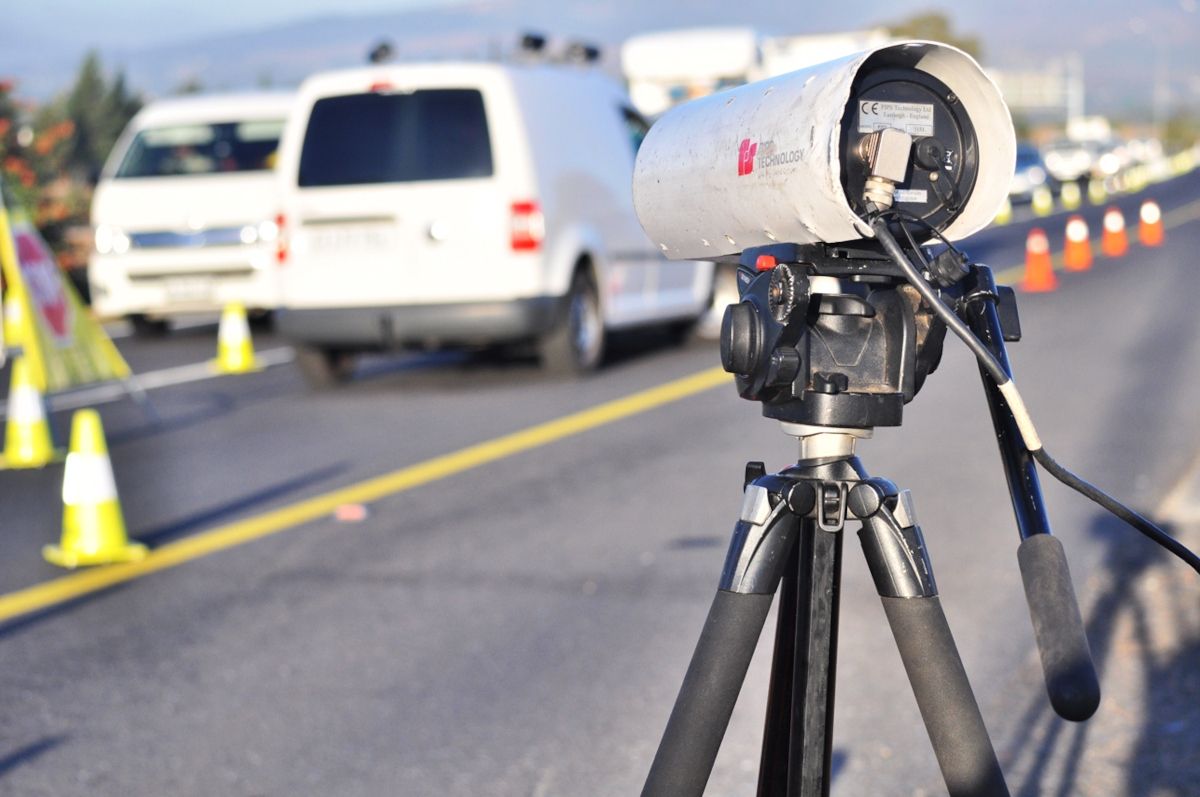
Since the first proposal was made in 2022, discussions about decreasing speed limits have repeatedly arisen as a means to reduce the high road fatality rate.
Would decreasing current speed limits by 10km/h have reduced the 414 arrests for speeding made over the festive season or stopped one driver from clocking 245km/h?
Unfortunately, this is highly unlikely.
‘Nature’ of speedsters in South Africa
CEO of MasterDrive, Eugene Herbert, says this is not because a reduction of 10km/h will not reduce the severity of crashes but because of the nature of speedsters in South Africa.
“If 120km/h speed limit provided little deterrence to the 245km/h driver, the record for this season, decreasing this by 10, 20 or even 30km/h would not have changed anything.
“Drivers causing serious high-speed crashes in South Africa are often not people driving the maximum speed limit but those blatantly disregarding it.
“The informal ‘fast lane’ in South Africa is nationally accepted as a lane you can only drive in if you exceed the speed limit.
“There is nationwide ‘dislike’ of anyone driving 120km/h or using it as a passing lane as it is meant to be legally.”
If speed remains a consistent issue in road fatality rates in South Africa, what is the solution?
“Lowering speed limits is likely to have the most positive impact with those that pose a lesser threat. It will certainly reduce injuries, fatalities and sometimes even create the ability to avoid a crash all together. It does not, however, address challenges presented by the most dangerous transgressors.
“With these drivers, consistent enforcement of the current speed limits followed by execution of serious penalties and consequences, is likely to be much more effective. Currently, fear of consequences is not what it should be because of the belief that one can bribe their way out of penalties. If the bribe is not accepted, there can be serious consequences like license suspension but often the penalties are focused on monetary penalties.”
‘Arrested and convicted’
Thus, will the 414 people that were arrested for speeding lose their licenses?
“Currently, one needs to be arrested and convicted before the suspension or revoking of a license will be considered. Whether this consequence occurs depends on the speed, the circumstances of the case and your driving history.
“Consequently, the legislation is already in place – it is the attitude of South African drivers that needs to change. As long as South Africans make or accept offers of bribes, we will not see change. Instead, every time a driver gets behind the wheel, they make a conscious decision to not speed because if they do, they will lose their license.”
It is suspected that should the AARTO Bill overcome its challenges, much of it will be focused on consequences for speeding.
“Until then, more effort, government resources and personal commitment to not speed, will have a greater impact,” concluded Herbert.
What’s the best way to change the mindset of South African speedsters – if any?
Let us know by leaving a comment below, or send a WhatsApp to 060 011 021 1
Subscribe to The South African website’s newsletters and follow us on WhatsApp, Facebook, X and Bluesky for the latest news.
